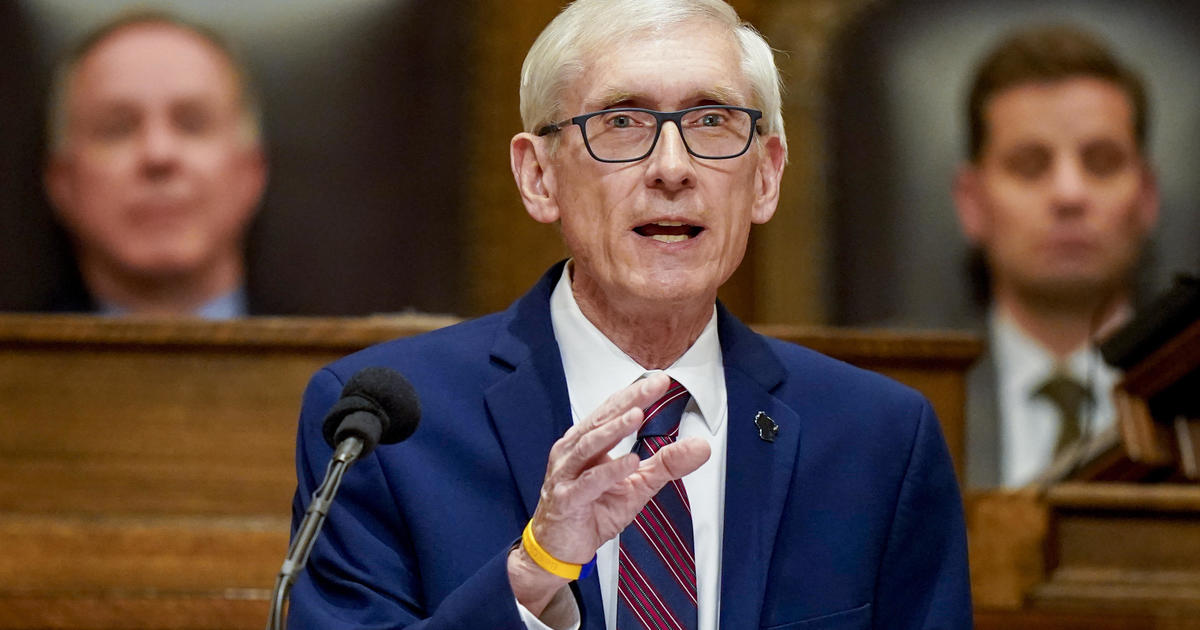Wisconsin Republicans are pushing for constitutional amendments that would strip the governor of the power to unilaterally spend federal funds, a response to the significant federal aid received during the COVID-19 pandemic.
Democratic Governor Tony Evers had broad discretion to allocate these funds, primarily towards small businesses and economic development, which angered Republicans who felt the Legislature should have more control and oversight over such spending.
The proposed amendments, which will be on the August 13 primary ballot, aim to address this concern by requiring legislative approval for federal funds that come without specific spending requirements. This change would impact not only Evers but all future governors, ensuring that any federal aid in response to emergencies or disasters would need legislative endorsement before expenditure.
Opponents of the amendments, including Democrats and various advocacy groups, argue that these changes represent a power grab by the legislature that could impede governors’ ability to respond swiftly and effectively to emergencies. They warn that such a shift could exacerbate governmental dysfunction and complicate responses to future crises.

Proponents, including Republican Senator Howard Marklein, argue that the amendments would increase accountability and transparency in the handling of federal funds. They believe that the current system gives too much unilateral power to the governor and that these changes are necessary to balance oversight and ensure effective management of federal resources.
The proposed amendments were approved by the GOP-controlled Legislature and are set to appear on the August primary ballot. This is notable as it is the first time a constitutional amendment has been placed on a primary ballot, a strategic move given that primary elections generally see lower voter turnout compared to general elections in November.
This push for constitutional changes comes amid ongoing disputes between Republicans and Governor Evers over legislative authority. The governor recently won a Wisconsin Supreme Court case challenging the extent of the budget committee’s power over conservation spending.
The current debate echoes past controversies, such as during the Great Recession, but has intensified due to the large influx of federal aid during the pandemic. The proposed amendments seek to formalize new procedures for handling such funds and increase legislative oversight.


